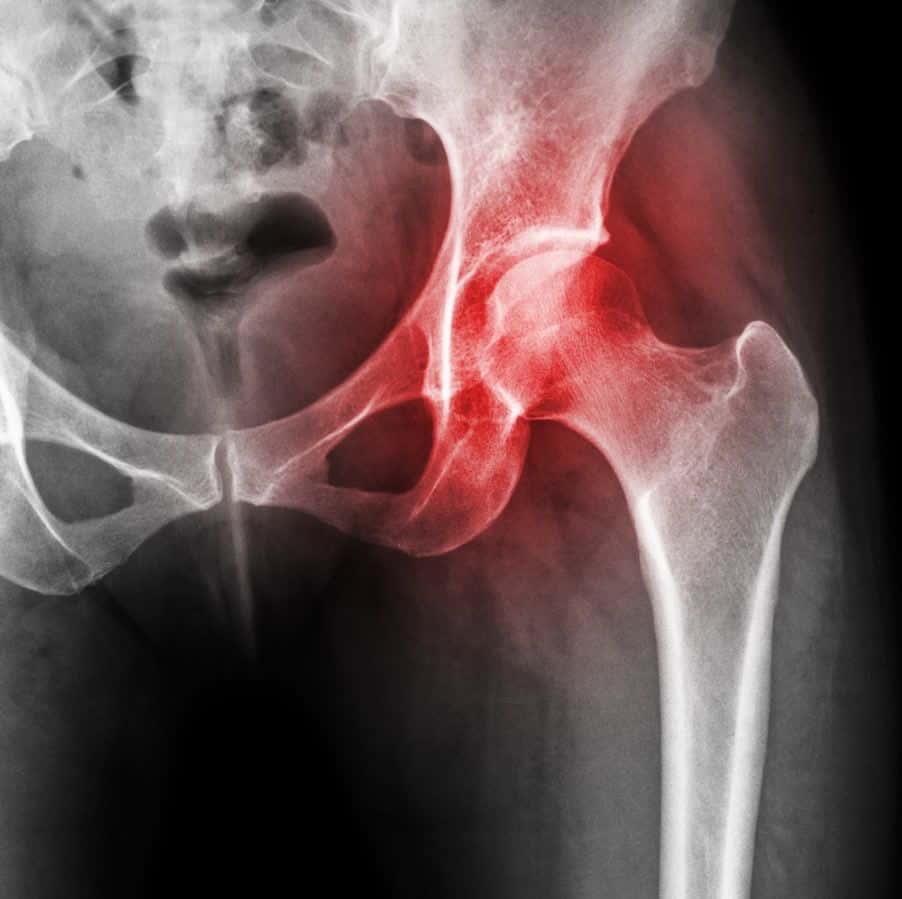
When you hear about the drug doxycycline you probably think acne or infections, right? It is the drug of choice against a lot of tick-borne diseases like Lyme or Rocky Mountain Spotted Fever. Dermatologists have long prescribed oral doxycycline to treat teenage acne. What would you think about doxycycline for arthritis?
Would a Doctor Prescribe Doxycycline for Arthritis?
This reader was taking doxycycline for a different reason:
Q. My doctor prescribed doxycycline for scalp inflammation. After taking this antibiotic for a few weeks, I realized how much less pain I was feeling in my hip. That has hurt for over 30 years, and the pain spreads to my back.
After taking doxy for 18 months, my dermatologist said there was no further benefit for my scalp, and I should stop taking it. Within a few days, all the pain in my hip returned.
My PCP will not write a script for doxycycline. My orthopedist gave me meloxicam, which did nothing for the hip but did give me tinnitus. I know doxycycline works for me. How can I get someone to prescribe it?
A. You might want to consult a rheumatologist. There is evidence that doxycycline might be helpful for osteoarthritis (Journal of Rheumatology, Oct. 1991). A more recent review suggests that this antibiotic may be a “disease-modifying osteoarthritis drug” (Journal of Clinical Medicine, April 18, 2023).
Here is how the authors introduce this unusual use of this very old antibiotic:
“Doxycycline is a drug that has been proposed to modify osteoarthritis (OA) progression, in addition to its role as an antibiotic. However, available evidence thus far comprises sporadic reports, with no consensus on its benefits. Hence, this review attempts to analyze the evidence available thus far on the role of doxycycline as a disease-modifying osteoarthritis drug (DMOAD) in knee osteoarthritis.”
The authors admit that the evidence to support doxycyline for arthritis “comprises sporadic reports.”
“However, there is no known disease-modifying osteoarthritis drug (DMOAD) for osteoarthritis, and a search for one that targets both symptoms and cartilage structure has intensified over the last few years. Although several studies investigating candidate DMOADs in clinical trials have been published, no agent has stood the test of time to be called irrefutable, as confirmed by DMOAD, as the results of most studies remain largely ambiguous or difficult to interpret. Doxycycline is one such drug that has been proposed to modify osteoarthritis progression in addition to its role as an antibiotic.”
Antibiotics and the Microbiome vs Doxcycline for Arthritis?
Whenever we hear about long-term antibiotic use, we worry about disruptions of the microbiome in the digestive tract. Doctors have been promiscuous in their prescribing of antibiotics. That has led to resistant strains. But equally alarming has been the modification of the microbiome.
When the bacteria in the gut are disturbed, all sorts of problems can occur. You can learn more about the consequences of of antibiotic overuse at this link:
Do Dermatologists Prescribe Too Many Antibiotics?
Antibiotics Like Doxycycline for Arthritis vs. NSAIDs?
Americans love nonsteroidal anti-inflammatory drugs (NSAIDs). Tens of millions of us pop down OTC medications containing ibuprofen and naproxen. Doctors prescribe higher doses of those drugs or other NSAIDs such as celecoxib, diclofenac and meloxicam. Short term use isn’t benign, but we worry more about the long-term consequences of NSAID use.
Side effects of NSAIDs may include digestive upset, bleeding ulcers, atrial fibrillation, heart failure, heart attacks, strokes, kidney damage and ringing in the ears. And that’s just for starters. You can read more at this link:
Do NSAIDS for Osteoarthritis Wreck Joints?
To learn more about doxycycline and other nonstandard approaches to easing joint pain, you may wish to read our eGuide to Alternatives for Arthritis. This online resource is located under the Health eGuides tab.
Please share your own experience with arthritis in the comment section below.
Citations
- Yu LP, Jr et al, "Doxycycline inhibits type XI collagenolytic activity of extracts from human osteoarthritic cartilage and of gelatinase." Journal of Rheumatology, Oct. 1991.
- Shanmugasundaram S et al, "Role of Doxycycline as an Osteoarthritis Disease-Modifying Drug." Journal of Clinical Medicine, April 18, 2023. doi: 10.3390/jcm12082927

